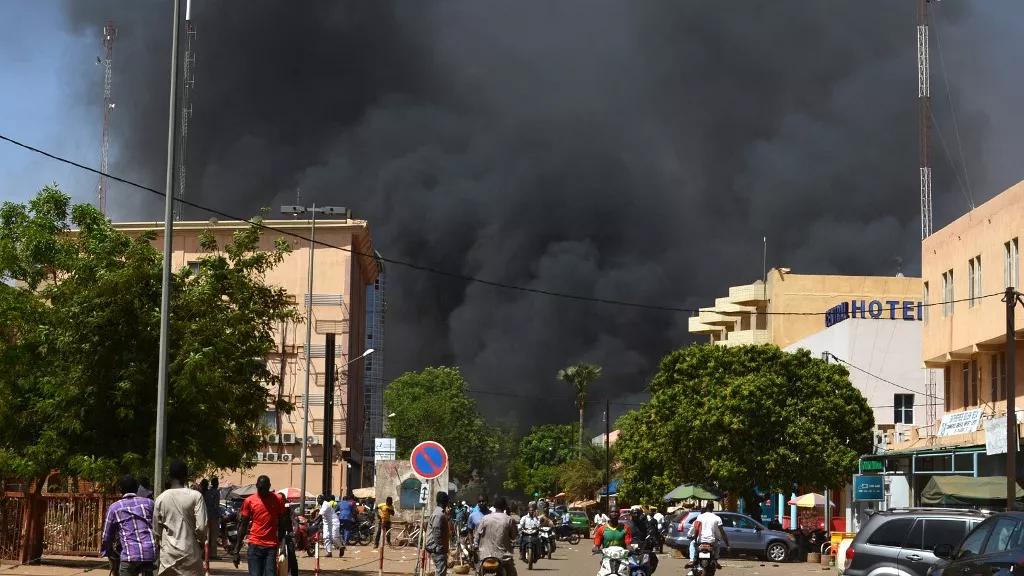At least 70 people, mostly children and the elderly died in massacres in north-central Burkina Faso in early November. The perpetrators remain unknown and the EU and the United States have called for an investigation.
According to a provisional report released on Monday by the Faso public prosecutor, Simon Gnanou, the killings in the village of Zaongo on 5 November claimed 70 victims, “mainly children and the elderly”.
He added that “the perpetrators of the atrocities remain unknown for the moment”.
On Sunday, the European Union referred to this massacre and a possible death toll of around one hundred, calling on the authorities in Ouagadougou to “shed full light” on the matter.
The US government, through Molly Phee, Head of African Affairs at the US State Department, condemned the “attack in the strongest terms” and called for an investigation.
The prosecutor said on Monday that interviewing “the relatives of the victims and the injured will make it possible to determine the exact number of dead”.
A security source told AFP on Sunday that an investigation had been opened.
“The massacre took place two days after fighting between security forces and terrorists. Zaongo was one of the few villages in the area that had not yet been emptied by the terrorists. Some suspected the inhabitants of collaborating with them”, a local citizen told AFP on condition of anonymity.
Since 2015, Burkina Faso has been caught up in a spiral of violence attributed to jihadist groups affiliated to al-Qaeda and the Islamic State (EI) group, which has left more than 17,000 civilians and soldiers dead.
Many localities targeted by the violence have been deserted, leaving more than two million people internally displaced.
– Another massacre in April – The prosecutor explained that he had visited the scene on 11 November with a team including a military examining magistrate, members of the Special Anti-Terrorist Investigation and Organised Crime Brigade, and gendarmes.
He also praised the defence and security forces who had “cleared mines” along the route in this area where jihadist groups operate, and repelled “an attack on the convoy”.
An investigation was opened in Burkina Faso in April, after another massacre of 136 people – including 50 women and 21 children – perpetrated on 20 April by men in military uniform in Karma, in the north of the country.
At the time, the President of the transition, Captain Ibrahim Traoré, called for “hasty conclusions” to be avoided and for the army not to be immediately accused of being responsible for the massacre.
Since then, there has been no official communication on the results of this investigation.
Captain Traoré, who came to power in a coup in September 2022, claims to be making the fight against jihadists his priority.
In April, he signed a one-year “general mobilisation” decree, allowing “young people aged 18 and over” to be requisitioned if necessary to fight jihadists.
HRW reported that “a dozen dissidents” had been “called by the security forces” and “requisitioned to take part in government security operations”.



